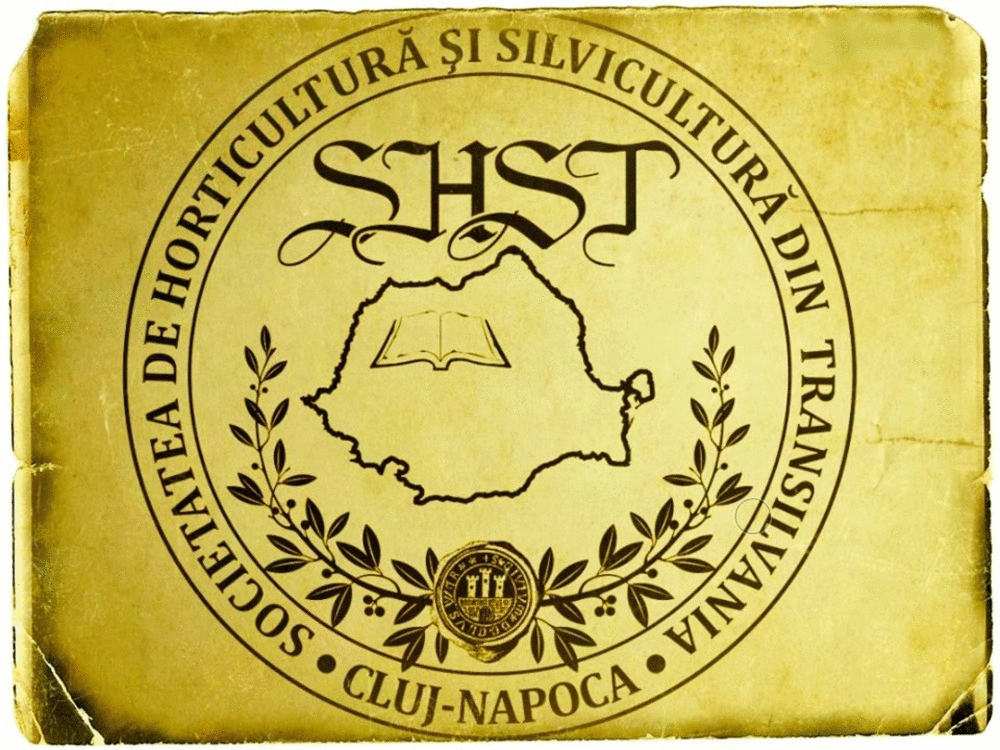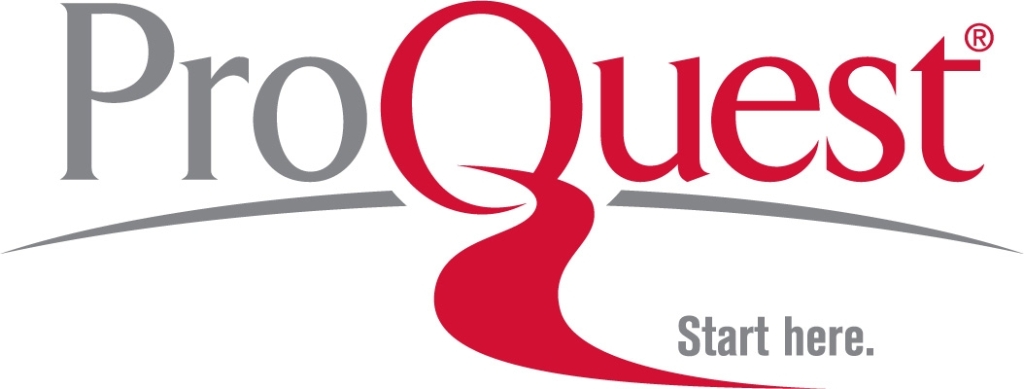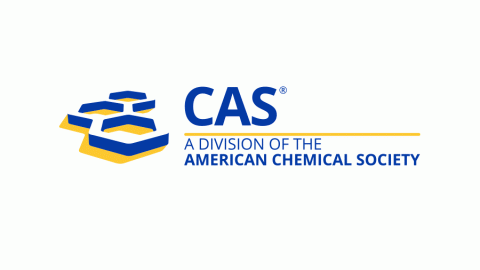Assessment of the Water Quality of Saba River, Osogbo, Nigeria
DOI:
https://doi.org/10.15835/nsb9210001Abstract
The water quality and concentrations of selected heavy metals (cadmium, lead, and zinc) in Saba River, Osogbo were assessed monthly over a period of six months with a view to providing information on the water quality of the potentially polluted urban river system. Three sampling sites were selected along the Saba River (the upper reach of the river (Station A), mid-point of the river (Station B) and the lower reach of the river where it emptied into River Osun (Station C)). The recorded ambient air and water temperature, pH, alkalinity conductivity, total hardness, BOD and COD, as well as the phosphate and nitrate levels of Saba River, were within the maximum allowable regulatory limits of WHO (2011). The dissolved oxygen level between March and April in all the sampling points were in the limit of putting aquatic life under stress (<5.0 mg/L). Also the alkalinity level in station B between February and June, and in Station C from February till May were however above the maximum allowable desirable range of EPA (2001) and WHO (2011). The concentration of zinc, which ranged from 717 to 1,000 μg/L, was the highest amongst the selected metals assayed in the water. However, the mean concentration of lead in the water samples collected from Stations B and C (26 μg/L and 24 μg/L, respectively) was found to be above recommended regulatory acceptable limits of 20 μg/L of WHO (2011) and FEPA (2007). The study concluded that the physico-chemical indices of the water quality indicated that the river was mildly polluted.
Metrics
Downloads
Published
How to Cite
Issue
Section
License
Papers published in Notulae Scientia Biologicae are Open-Access, distributed under the terms and conditions of the Creative Commons Attribution License.
© Articles by the authors; licensee SMTCT, Cluj-Napoca, Romania. The journal allows the author(s) to hold the copyright/to retain publishing rights without restriction.
License:
Open Access Journal - the journal offers free, immediate, and unrestricted access to peer-reviewed research and scholarly work, due SMTCT supports to increase the visibility, accessibility and reputation of the researchers, regardless of geography and their budgets. Users are allowed to read, download, copy, distribute, print, search, or link to the full texts of the articles, or use them for any other lawful purpose, without asking prior permission from the publisher or the author.













.png)















